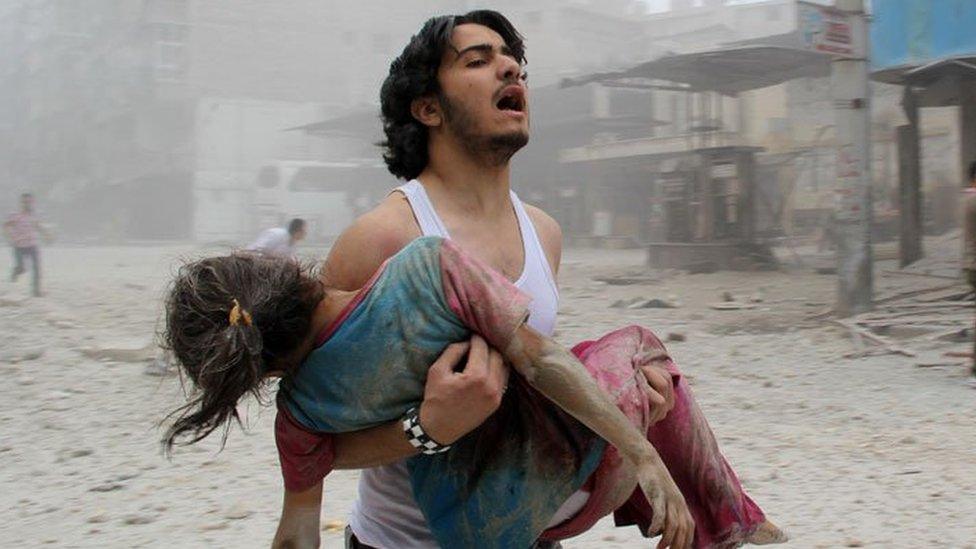The challenge of keeping Denmark's Muslims out of Syria
- Published
Syria's bloody conflict, thousands of miles away, has put the relationship between Danish Muslims and their country under the spotlight
What can turn a "normal, smiling Danish kid" into an Islamic extremist opposed to "his own society, the West and even fellow Muslims"? That is the question Denmark's authorities are grappling with.
In Norrebro, a mainly Muslim suburb of the capital Copenhagen, I met two young Danish Muslims on the street. They spoke to me about a conflict thousands of kilometres away, in Syria.
Despite its distance, the bloody conflict has become an issue for the Danish authorities in terms of security and integration in this liberal Scandinavian country.
One youngster refused to be recorded but the other told me firmly that jihad (holy war) in Syria was an obligation and a way for Muslims to demonstrate their manhood.
'Threat' from returnees
Footage shot in Syria of European jihadists fighting alongside opposition forces is increasing the concern of European countries about the potential threat from returning militants.
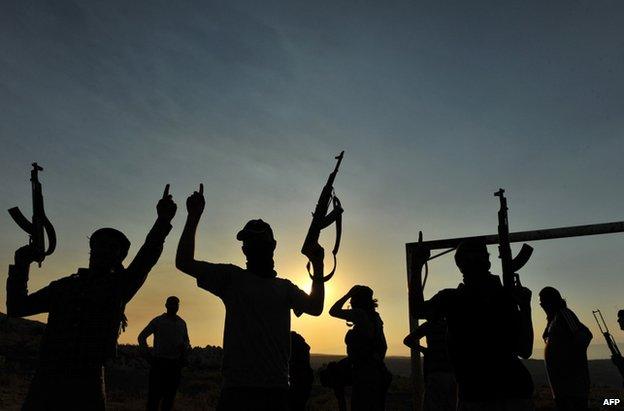
About 100 Danes are said to have fought as Islamic militants in Syria
Among these jihadists are some nicknamed the "al-Denmarki", or "the Danes".
Anna Mee Allerslev, who is responsible for integration and employment in Copenhagen, told the BBC that authorities were taking them seriously.
She estimated their numbers at about 100, and all but 10 of them have returned already. Given that Muslims in Denmark represent about 4% of the total population of 5.5 million, 100 jihadists is a relatively high number.
The number of Danish fighters in Syria is second only to that of Belgians, in proportion to total population, according to the International Centre for the Study of Radicalisation and Political Violence at London's King's College.
Based on actual numbers, Britons represent the biggest number, with more than 350 fighters.
In response to these worries, the authorities in Denmark have allocated 1m Danish krone (£109,000; $184,000) to increase efforts to prevent radicalisation among young Danish Muslims.
De-radicalisation scheme
The new funds are intended for a de-radicalisation programme that aims to rehabilitate those who return from Syria, and also aims to prevent young Danish Muslims from being radicalised in the first place.
Similar programmes have been introduced in various European countries, including the UK.
British counter-terrorism police chiefs made an unprecedented appeal to Muslim women to persuade their relatives not to go to Syria to fight after a string of deaths of UK men who had joined Syria's civil war.
Muhammed Hee, who converted to Islam many years ago, is a manager at Denmark's integration programme.
He told the BBC the programme was based on communication with the families of those who had gone to Syria, or those who felt that their children were adopting extremist ideas.
The BBC crew tried to speak to some families of Danes who had gone to Syria. They refused, saying the media always portrayed them negatively.
But others in the neighbourhood were prepared to share the stories of these families.
'Hurt feelings'
Jehad al-Fara, a Muslim community leader, told the BBC about his surgeon friend's 16-year-old son, who had tried to travel to Syria. His father was able to stop him at the last minute, in co-operation with the authorities.
Another of his friends, originally from Syria, said his son had seen everything that was happening in Syria and wanted to go to defend his people and country.
When he returned home to his ordinary life, he felt hurt to be portrayed as a threat to Denmark. He says he does not want to be a "threat to anyone".
The Danish Muslim organisations told the BBC they were willing to fully co-operate with the authorities to make the programme work, but they admitted to having failed in reaching out to some youngsters.
This seems to be the biggest challenge for the authorities and Muslims in Denmark. Mr Hee told the BBC the most striking thing he had experienced during his work in the programme was how rapidly ideology could radicalise a person.
- Published23 April 2014
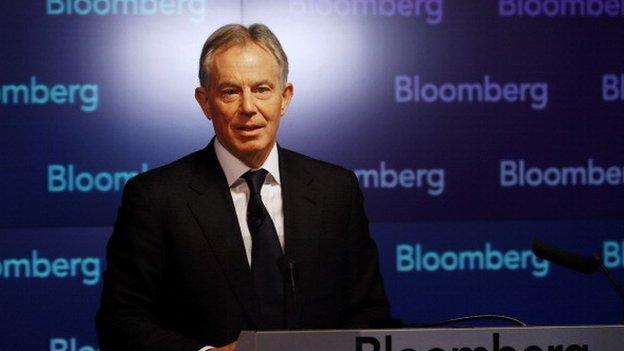
- Published20 April 2014
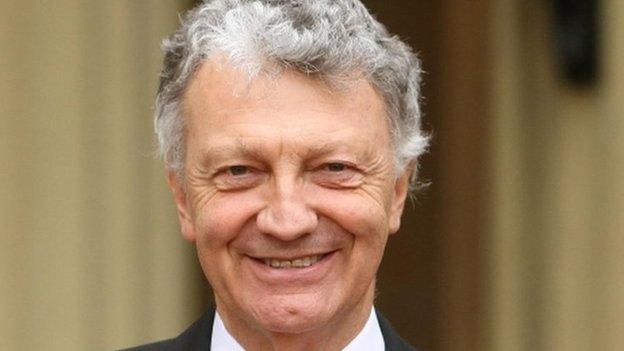
- Published9 October 2013
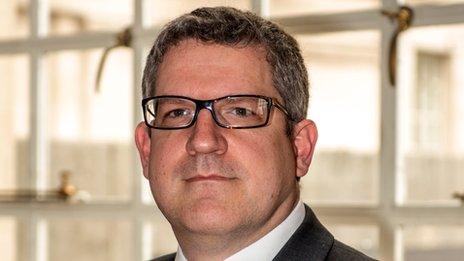
- Published11 March 2016
